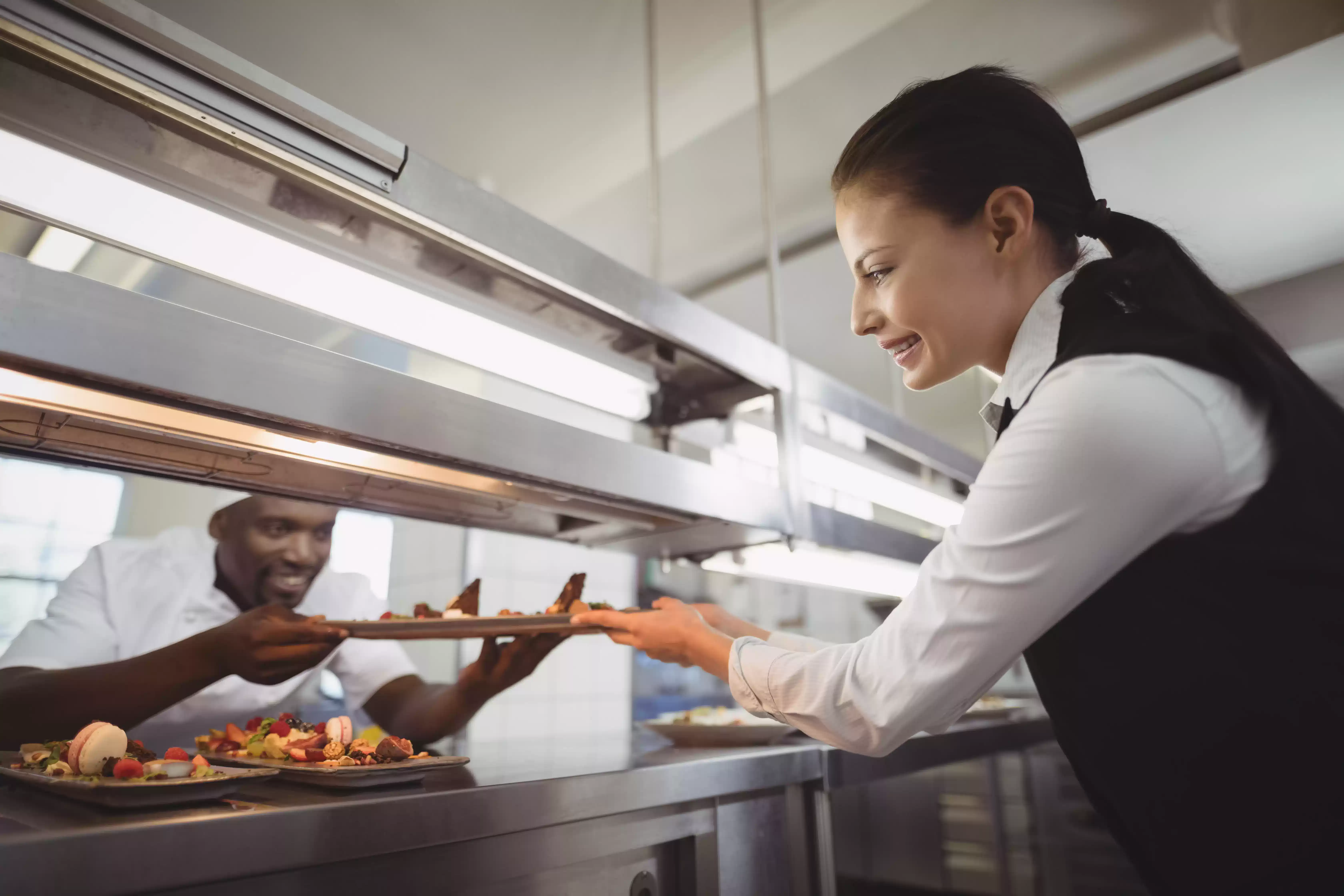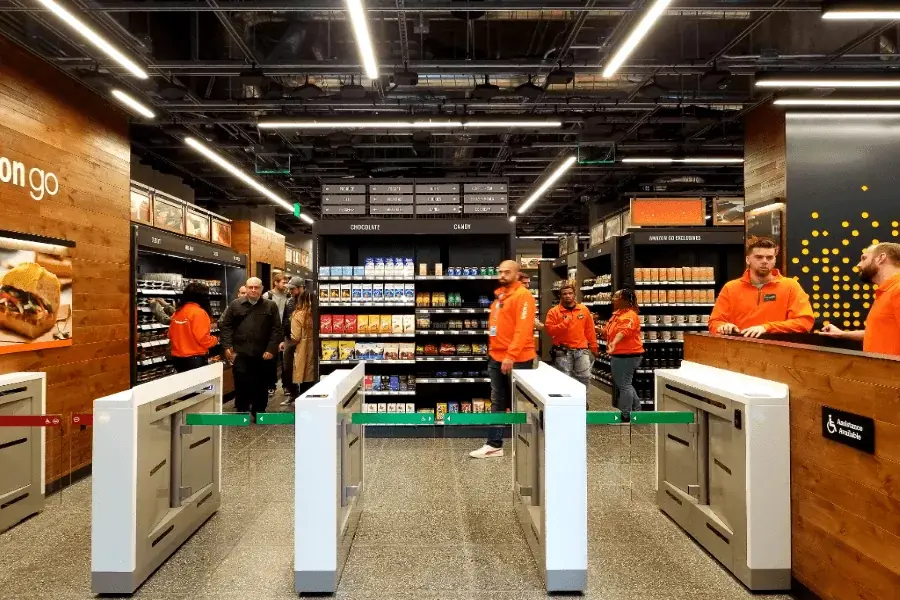Optimizing Your Digital Ecosystem: Enhancing Resource Efficiency in the Hospitality Sector
The hospitality industry is increasingly relying on digital platforms to manage various aspects of their operations. However, many hotels find...
![]() Facilities Management
Facilities Management
Manage maintenance requests & streamline operations
CMMS
CAFM
EHS
Regulatory Compliance
PPM
EAM
Operations Management
Transportation Management
![]() Food Safety
Food Safety
Prove compliance and ensure standards are up to customer expectations
![]() Retail Task Management
Retail Task Management
Enable your teams to focus on delivering quality and achieve their goals.
Task Creation & Automated Follow-up
Unified Reporting and Data Analysis
Regulatory and Audit Monitoring
Full visibility of every task
IoT
Take action on your data to get ahead
Integrations
Bring mpro5 into your other tools
Automated Workflows
Make your work effortless with automated workflows
Managed Service
Supporting your operations, every step of the way
NEWS & INSIGHTS
Blogs & news
NEWS & INSIGHTS
GET IN TOUCH
GET IN TOUCH
2 min read
 Konnor Baskaran
:
Nov 4, 2024 3:50:05 PM
Konnor Baskaran
:
Nov 4, 2024 3:50:05 PM

In the hospitality industry, where customer expectations have sky-rocketed, maximizing resources isn’t just about cutting costs; it’s about delivering an efficient and flawless experience. Be it a small boutique hotel or an extensive resort, smart resource utilization will drive better guest satisfaction and keep operations running seamlessly. It’s important to explore some of the key ways this can be achieved, with a focus on a careful balance between people, technology and the environment.
Workforce efficiency
One of the greatest assets in hospitality is, without question, the people. However, human resources can also be a major cost. The trick here, therefore, is not to cut down headcount, but to make sure each team member's skills are utilized to their fullest. For example, shift management software allows employee schedules to align with peak demand times, reducing the risk of overstaffing or understaffing. When staff are placed where they’re most needed, better service is provided to guests, and employees are kept in higher spirits.
Investment through training also plays a crucial role. A well-trained team becomes far more capable of handling guests efficiently, avoiding time wastage caused by rectifying mistakes or making up for inexperience. Cross-training workers for multiple positions gives greater flexibility, especially during busier periods of the year.
Embracing automation
Automation is no longer a buzzword - it has become an absolute necessity for efficiency. Automation frees up the load on human resources, so the staff can focus on specialized tasks that might require more attention. Automated workflows can handle burdensome and repetitive tasks while keeping accuracy intact and saving time, therefore reducing the chances of human errors.
Automation doesn’t have to mean removing the personal touch to hospitality, but rather refining operational processes so that staff can focus on interactions with guests that really matter.
Putting data to good use
Another powerful tool for optimization is simply information. Data can be gathered from booking trends, guest preferences and occupancy rates that can later be analyzed to predict demand, manage resources and ultimately enhance profitability. For instance, analytics can reveal peaks and dips in reservations during each season, allowing hotels to promptly adjust staffing levels, marketing efforts, and even pricing, to match levels of anticipated demand.
Sustainability as a resource strategy
Going green isn't just good for the environment; it's an ideal strategy for managing resources. Reducing energy and water, for example, directly cuts costs. Smart energy systems, which automatically dim lights and lower heating or raise cooling when rooms are not occupied, can save hotels a fortune over time. And of course, water-saving devices like low-flow showerheads and faucets are practical solutions.
Waste management also falls into this category. The hospitality industry is notorious for generating a lot of waste, so reducing this can have the dual effect of enhancing both its sustainability credentials and efficiency. Switching to digital menus, as an example, reduces printing costs, while composting and recycling programs cut waste disposal costs.
Personalization to increase satisfaction
Understanding guest preferences can make a world of difference, both in terms of satisfaction and resource allocation. If certain types of guests often prefer certain amenities, then it’s simply a case of allocating resources accordingly, avoiding over-preparation or a stressful last-minute attempt to meet their requests. Personalization can even extend to room settings - temperature, lighting and music preferences - all create a welcoming environment while ensuring resources aren’t wasted on unnecessary extras.
Resource optimization in the hospitality industry is all about finding the right balance between operational efficiency and achieving successful guest satisfaction. With the right tools, training, and data, it’s entirely possible to reduce waste, keep staff motivated and guarantee a positive experience for every guest. So, while the aim might be to maximize resources, the real goal is to run an establishment seamlessly, where guests feel looked after and nothing goes to waste.

The hospitality industry is increasingly relying on digital platforms to manage various aspects of their operations. However, many hotels find...

Discover how facilities management software tackles inflationary challenges, improving efficiency and reducing costs for more resilient operations.

Technological advancements are continuing to transform the retail industry, with the Internet of Things (IoT) leading the charge. Research shows that...